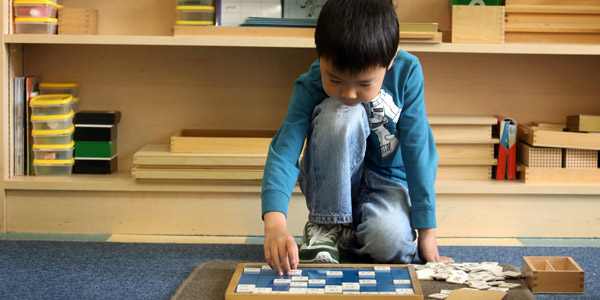 Earlier findings and research indicated that students who learnt a single language, the language used universally for communication, English, throughout their years of education fared better than those who learnt more than one language. For example those who were exposed to English and Spanish in the United States, did not fare as well as their counterparts who were exposed to English alone. However this inference was later discarded because the experts believed it was severely flawed in one area. The researchers had not considered the economic and social status of the students.
Earlier findings and research indicated that students who learnt a single language, the language used universally for communication, English, throughout their years of education fared better than those who learnt more than one language. For example those who were exposed to English and Spanish in the United States, did not fare as well as their counterparts who were exposed to English alone. However this inference was later discarded because the experts believed it was severely flawed in one area. The researchers had not considered the economic and social status of the students.
Upon researching with students of similar economic and social backgrounds, a strange anamoly was noticed. Students who were bilingual had superior capabilities in learning and cognition in comparison to those who knew only one language. The last twenty years has seen enormous activity in bilingual research to understand the workings of the brain more precisely.
were bilingual had superior capabilities in learning and cognition in comparison to those who knew only one language. The last twenty years has seen enormous activity in bilingual research to understand the workings of the brain more precisely.
To choose to speak one language, despite knowing two meant that there was great emphasis on attention. If you are not attentive, you cannot switch your language communication. Their empathy levels were higher, their reading comprehension was found to be higher, what’s more, extensive research across 37 states involving around 8 million children in the United States revealed that dual-language children scored better in tests and were happier in general. Besides, knowing another language helps in children embracing diversity, which has long-term effects in building a harmonious society.

 When it comes to subjects such as math and science, students of Singapore excel in them in comparison to students from any other country. A formal assessment was made by Trends In International Mathematics and Science Study (TIMSS) in which approximately 60 countries participate. The countries considered supremely advanced in math and science such as the United States fared lower than students from Singapore. This has always been the trend. To understand this, a study was conducted on how schools in Singapore were different in their teaching approach in comparison to the US. Here are a few findings.
When it comes to subjects such as math and science, students of Singapore excel in them in comparison to students from any other country. A formal assessment was made by Trends In International Mathematics and Science Study (TIMSS) in which approximately 60 countries participate. The countries considered supremely advanced in math and science such as the United States fared lower than students from Singapore. This has always been the trend. To understand this, a study was conducted on how schools in Singapore were different in their teaching approach in comparison to the US. Here are a few findings. is centered around understanding a set of core concepts on which more knowledge is acquired and built every year. Memorization, like in the US schools is not encouraged but an understanding of subjects like math and science through power of reasoning is taught. All over the world these two subjects are considered esoteric and are only taken up by children who have a natural tendency to understand them better.
is centered around understanding a set of core concepts on which more knowledge is acquired and built every year. Memorization, like in the US schools is not encouraged but an understanding of subjects like math and science through power of reasoning is taught. All over the world these two subjects are considered esoteric and are only taken up by children who have a natural tendency to understand them better.